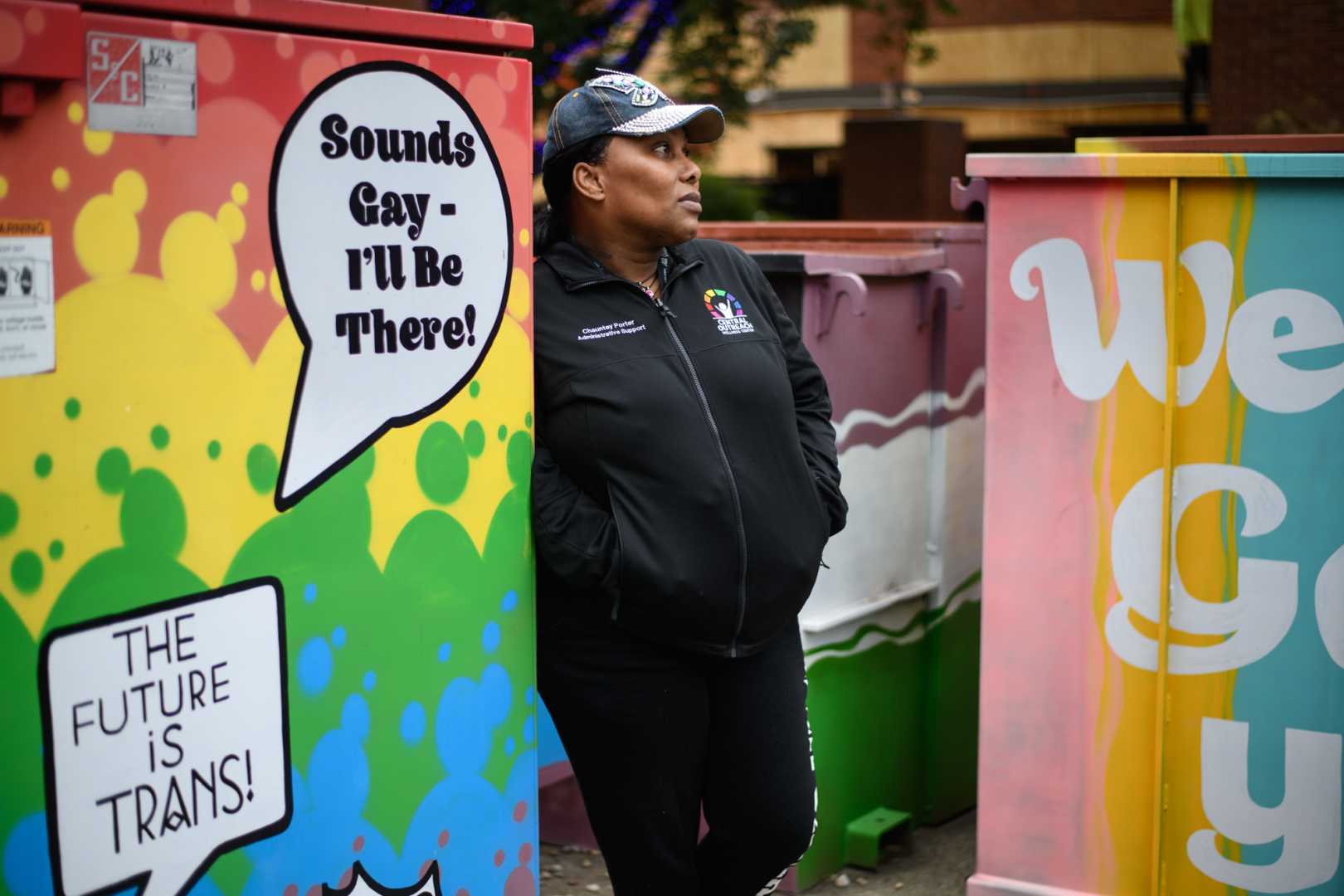Health
Federal Grant to Study Eating Disorders in LGBTQIA+ Individuals Canceled

WASHINGTON, D.C. — The U.S. Department of Health and Human Services (HHS) has canceled a nearly $1 million federal grant aimed at studying eating disorders among sexual minority individuals, including LGBTQIA+ populations. The decision, officially recorded on March 21, affects a grant titled “Targeting Minority Stressors to Improve Eating Disorder Symptoms in Sexual Minority Individuals with Eating Disorders” awarded to Auburn University.
Originally valued at $978,986, the grant had already allocated approximately $274,440 toward the study, with the remaining balance of about $705,546 now rendered unusable following the cancellation. The grant was part of a broader initiative outlined by President Donald Trump, aimed at increasing transparency regarding federal funding.
The initiative’s objective was to address the heightened vulnerability of sexual minority individuals to eating disorders, a demographic that, according to the grant proposal, is two to three times more likely to develop these conditions than their heterosexual counterparts. “Eating disorders are one of the deadliest psychiatric disorders and are associated with high economic burden and numerous physical health consequences,” the grant description noted.
The proposed research aimed to explore the unique stressors faced by LGBTQIA+ individuals, such as internalized stigma and marginalization, and how these factors contribute to their elevated risk of developing eating disorders. The study intended to introduce an innovative treatment model known as Promoting Resilience to Improve Disordered Eating (PRIDE), which integrates standard evidence-based care with identity-affirming approaches tailored specifically to sexual minority individuals.
Tiffany Brown, assistant professor at Auburn University, along with Aaron Blashill, a professor at San Diego State University, were leading the initiative. In a statement, Brown expressed her disappointment over the cancellation, highlighting that LGBTQIA+ individuals are often discouraged from seeking treatment due to fear of discrimination or misunderstanding. “Even when available, many LGBTQIA+ people across the country feel uncomfortable accessing treatment,” she said in September 2024.
Brown emphasized the significance of the grant in understanding and addressing the unique needs of LGBTQIA+ individuals. The canceled study promised substantial public health implications as it aimed to demonstrate the effectiveness of identity-affirming practices in reducing barriers to treatment for those most at risk.
The project was designed to incorporate a phased trial, starting with 30 participants before expanding to a larger randomized controlled trial involving 160 sexual minority adults, which would assess the efficacy of the PRIDE treatment over a 12-month period. The cancellation has left many in the research community concerned about the implications for treating eating disorders in an already vulnerable population.












